Flexible & Reinforced Bitumen Waterproof Coating. Newton HydroBond 2K-Flex is a radon gas certified, bitumen/rubber waterproofing membrane used primarily for the external waterproofing of earth-retaining structures such as basements and foundation walls. Forms a thick, highly flexible barrier to water ingress that can be applied to fill voids, cracks and joints.
Environmentally friendly and solvent-free, HydroBond 2K-Flex consists of two components; a bitumen emulsion and a reactive powder. These two components chemically react when mixed to produce a firm, yet still highly flexible coating that can be applied by trowel or by airless spray machine. Adhering insulated panels to concrete, masonry and thoroughly dried thick bituminous coatings, 2K-Flex dries quickly and is rain-fast after a short period.
HydroBond 2K-Flex requires two ancillary products, HydroBond 2K-Flex Primer and HydroBond 2K-Flex Mesh.
Key Benefits
- Thick coating, fully-bonded seamless waterproofing membrane with excellent crack-bridging capabilities.
- Particularly easy trowel application due to low material weight.
- Fast reaction time due to the special powder catalyst.
- Highly flexible with 2 mm crack bridging due to high-quality polystyrene and polymer modification.
- Quick-drying and rain-fast after a short period.
- Solvent-free, non-toxic and odourless.
- Non-flammable – No VOCs.
- Radon gas resistance.
- Sprayable with suitable equipment.
- Adheres insulating panels to concrete, masonry and thoroughly dried thick bituminous coatings.
Typical Waterproofing Applications
Continuous Type A waterproofing and radon protection of retained structures, together with Newton HydroBond pre-applied membranes.
Type A waterproofing and radon membrane for basement, foundations and earth-retained walls.
Smoothing of irregular surfaces prior to application of bitumen-based membranes.
Suitable Surfaces:
- Walls – positive pressure side
- Foundation toe
Suitable Substrates:
Correctly prepared substrates of:
- Concrete of at least 20 kN
- Concrete block walls with flush pointing
- ICF. Please see the caveats listed within the Limitations on ICF section below
Limitations:
Regardless of the time of year, do not apply prior to rain – please see information within the curing table on page 2.
- Do not apply at temperatures lower than +5°C or higher than +30°C
- Always use the correct preparation and priming of the support substrate as directed above
- Familiarise yourself with the curing table on page 2 and plan the work sequencing accordingly
Limitations on ICF:
The British Standard (BS 8102:2022) is now asking the waterproofing designer to assess the suitability of materials in basement construction, and the standard considers ICF to be inherently risky and explicitly names ICF as not being suitable.
The issue is whether the material will degrade when in contact with water. Whilst an external waterproofing membrane is used to protect the structure against water ingress, the landmark judgement, Outwing Vs Thomas Weatherald, laid in law that it is not reasonable to expect 100% defect free workmanship within the externally applied Type A waterproofing membrane. Therefore we have to assume there will be defects present within the external waterproofing membrane application, which in turn will result in water being in contact with the substrate the waterproofing is applied to. Newton have asked ICF suppliers if the expanded polystyrene (EPS) ICF is able to be in long-term contact with groundwater without suffering detriment, and we have not received positive confirmation of this, even from those who are prepared to make such statements with regards to their XPS products. XPS insulation is well known for its properties and capabilities in wet ground and is frequently used below ground, beneath basement raft foundations, for example.
We would strongly recommend that you seek confirmation in writing from the manufacturer that their ICF product will not degrade when in long-term contact with groundwater prior to continuing with the project.
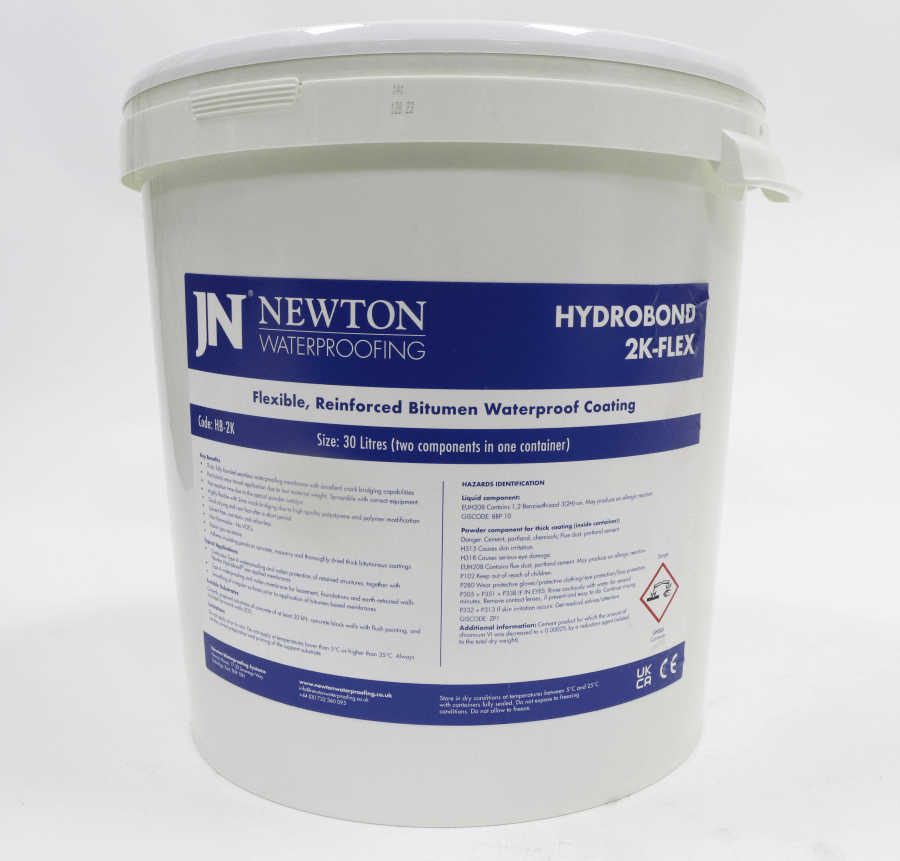
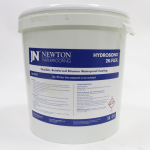
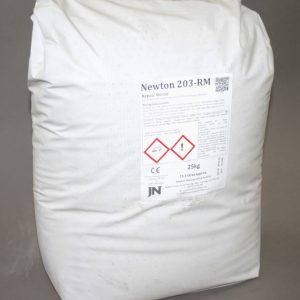
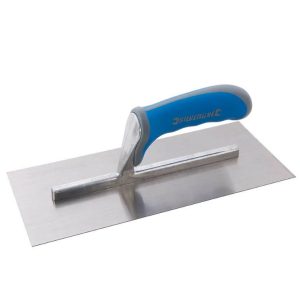
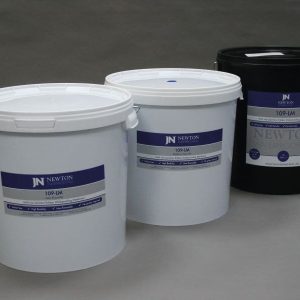
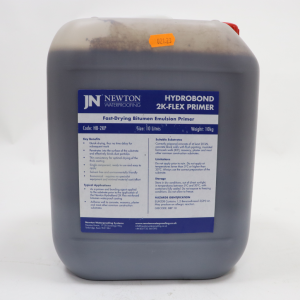
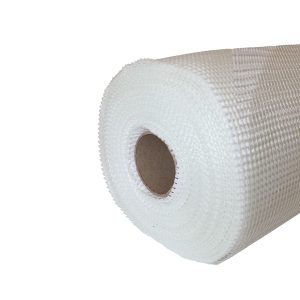
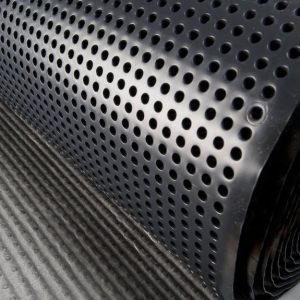
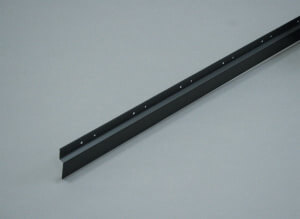
Reviews
There are no reviews yet.